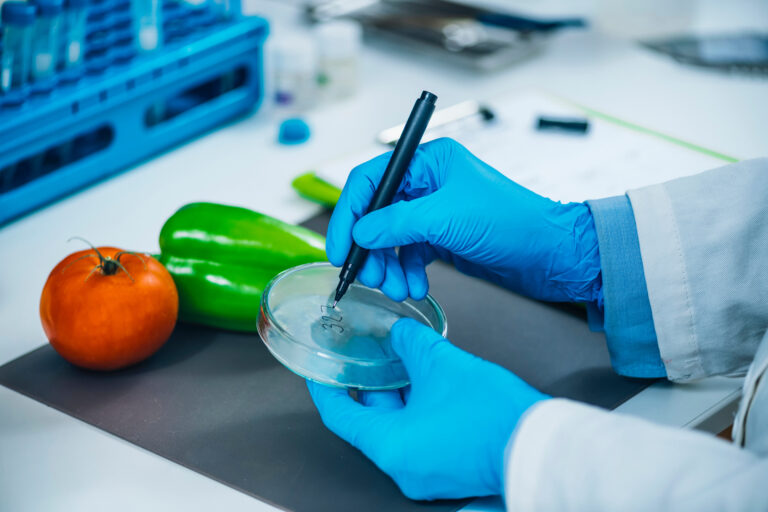Several species of the Arcobacter genus are regarded as emerging food pathogens and may cause gastrointestinal disorders.
A total of 220 samples were analysed from three major food groups: farm animals, marine animals and vegetables. Arcobacter were detected in 22.3 % of the samples analysed and the most abundant species in all of them was A. butzleri, the one most often associated with human disorders, although other species also appeared, all of them had genes associated with pathogenic potential. Squids have been found to be the major source of Arcobacter.
Their results confirm the formation of biofilms caused by foodborne Arcobacter bacteria on different food contact surfaces, e.g. glass.
Update
In July 2023 an Italian study published, about the antibiotic resistance of Arcobacter butzleri strains isolated from food and clinical samples. All of the tested strains were resistant to tetracycline and cefotaxime. There were some differences between the strains according to the source of isolation (clinical isolates, food of animal origin or fresh vegetables), streptomycin sensitivity was only detected in strains isolated from fresh vegetables. The research group believes that it would be necessary to include the A. butzleri in the monitoring plans due to the demonstrated antibiotic resistance.

